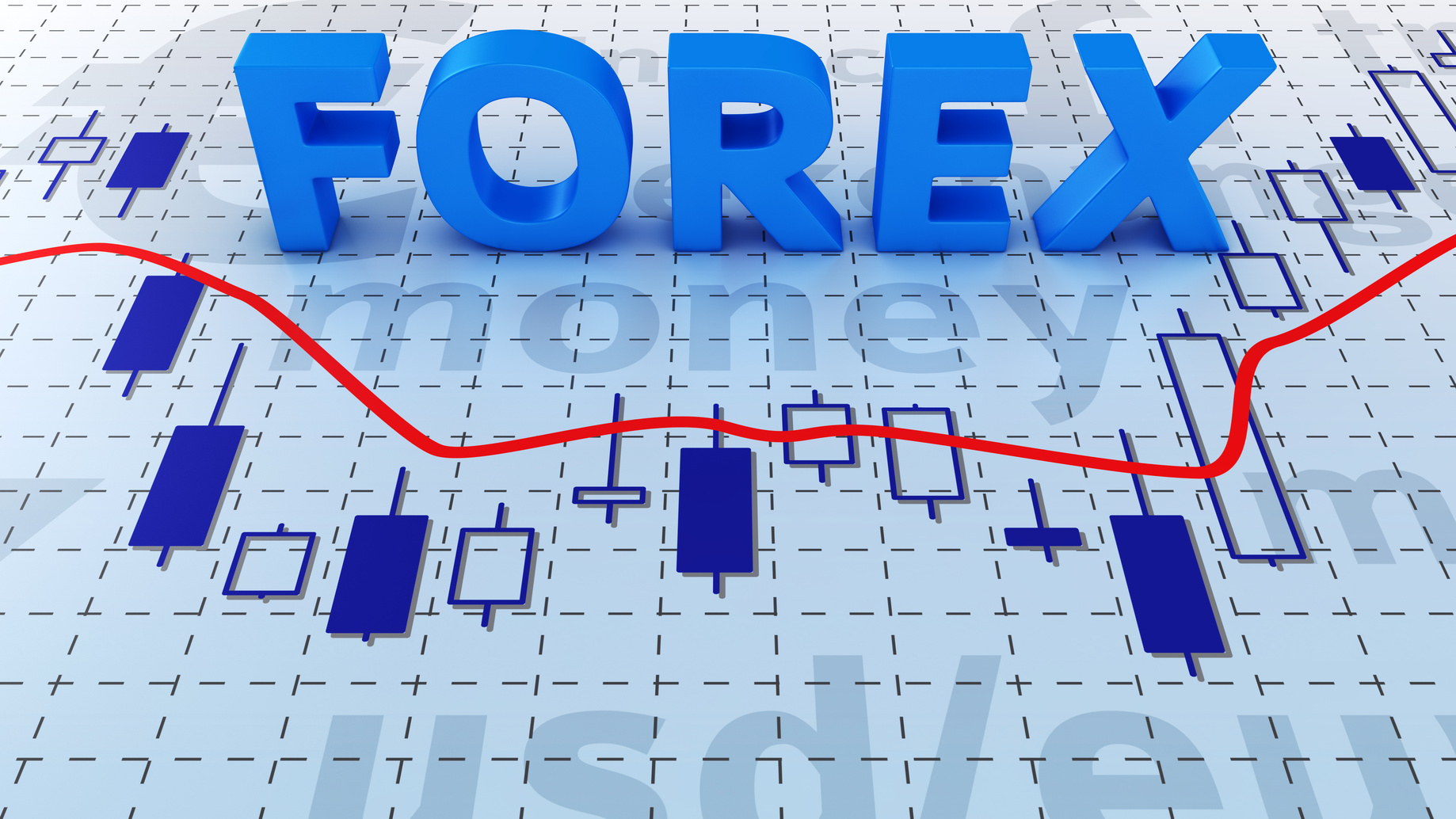What is Forex Trading?
Forex, or the foreign exchange market, is a global marketplace for trading currencies. The foreign exchange market is the largest and most liquid market in the world with trillions of dollars being traded every day. The market functions through an electronic network of banks and brokers from all over the world. Unlike many other markets, the forex market is that it is open 24 hours a day for five days a week. Given this dynamic, the forex market offers greater flexibility for traders whose schedules don’t line up with the open/close of other markets, such as equity markets.
When trading in the foreign exchange market, it is important to keep in mind that a currency is traded relative to another currency. For instance, you are essentially trading currencies with the hope of making a profit on the difference between the two currencies. With that said, when making a trade in the forex market, you are buying or selling a currency pair such as USD/CAD or EUR/USD. As exchange rates are constantly changing, traders can make a profit when a currency’s value appreciates relative to the other.
What are the Benefits?
Now that we have defined what forex trading is and how it works, let’s discuss some of its benefits. As previously discussed, since the foreign exchange market is open 24 hours a day for five days a week, you can always get in or out of the market whenever you want. The foreign exchange market is the largest financial market in the world making it extremely accessible.
One of the greatest benefits of forex trading is that it is a very cost effective way of trading. Additionally, because of the size of the market, traders have access to a vast array of instruments which allow them to increase or decrease exposure with a great degree of precision. Forex trading has very high liquidity, so traders can make profits on even the slightest movements in currencies with very low transaction costs. High liquidity also diminishes the probability of an extreme market crash; this can be a benefit or a drawback depending on the perspective of a trader. The obvious benefit to a reduced risk of a market breakdown is that traders can operate with a greater degree of safety.
Are there any Drawbacks to Forex Trading?
Although greater liquidity minimizes extreme tail risks in the forex market, it also diminishes opportunities. That is, when markets collapse (as occurred in 2008 and in March of 2020), prudent traders can often find incredible opportunities. Due to a lack of liquidity, equity and credit products offered immense opportunities during the peak of each respective crisis. Conversely, forex markets did not experience nearly the same degree of volatility, and hence did not offer the same opportunities (without leverage). In summary, the massive liquidity in the forex market protects against downside risk for active market participants but also reduces opportunities for traders to discover mispriced assets.
In order to compensate for a lack of volatility, many traders use leverage to enhance their returns. Of course, this can end disastrously for those on the wrong side of a trade. Retail traders are generally advised to avoid leverage and may therefore want to consider trading a mix of forex and other markets. For those interested in trading forex exclusively, recognizing the consequences of lower volatility and either accepting lower expected returns or using leverage will be necessary.

















